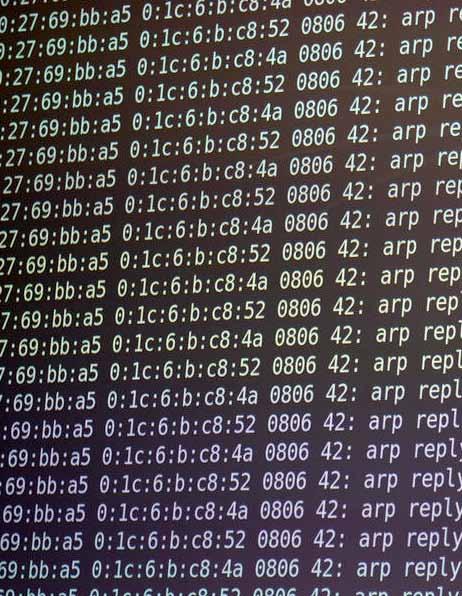
4 minute read
The impact of digitalisation on activism
Corporate DispatchPro
Laura Emma Grima
The impact of digitalisation on activism
Digitalisation has altered our world in a multitude of ways, impacting various issues such as employment, communication, health, resources, and security. It is continuously changing the way we go about our day to day lives, which results in us gradually losing touch with our physical world.
The Internet has become a primary organising and mobilising tool for environmentalists all around the world, raising people’s consciousness about alternative ways of living, as well as building the political force to make it happen (Castells, 2001, p.280). It is providing a wide variety of tools and new opportunities for different movements and campaigns, which were not previously available. The digital world has become a platform where activists are able to forward their message to the general public and also become a place where activists can communicate with each other in real time.
According to Eurostat, Malta has the second highest use of social media in the European Union, where more than 80 percent of the population aged between 16 and 74 are active on social media. Activists have taken advantage of the power of social media to gain more reach, by attracting more members, in the hopes to make significant changes. Activists are also found to be using social media platforms as technological tools of liberation, by devising creative hacks, to connect with like-minded people, mobilise masses, influence public opinion, push for social change, and ignite revolutions (Manal al Sharif, 2018).
Awareness for the environment is becoming more of a trending topic, raising more concerns within people. Digitalisation has
Corporate DispatchPro

increased awareness, namely about the environment and in turn, influenced several organizations and the online society to be more active towards environmental causes. Rather than sticking to the traditional forms of activism, digitalisation has given anyone the opportunity to be active in all forms, through online platforms.
Everyone, in one way or another is connected to the digital world. It has become almost unavoidable. The internet has been able to help us create an infinite opportunity for any individuals to share and express whatever they truly wish. It has allowed the voiceless to voice opinion, create, share, and demonstrate. This is supported throughout the rise of a number of social media platforms which brought about an increase is social movements. Activism of this sort has allowed any individual or organisation to propose change. There is no doubt that the Internet has changed the ways and conditions of activism. Over the past 30 years it has been recognised that activism online has become quite common for political participation, as it is able to bring people together, share information amongst a wide audience and mobilise crowds to express their feelings. This type of activism is important not only for one’s sense of identity and belonging but also for the ability to have one’s voice heard. This empowers participants by signifying that their statements are considered important enough to be broadcasted (Bailey, Cammaerts, & Carpentier, 2008).
Digitalisation has impacted the way awareness and knowledge, regarding the upkeep of our environment, is being spread on social media; however, when it comes to physical activity, there is a significant lack of participation. This brings about the term ‘slacktivism’. Slacktivism deals with activist measures that have little or no purpose through sharing of social media posts and internet petitions as such. In turn the average person does not contribute to any tangible external change. This becomes a method for those who would not actively participate in meaningful change to at least feel like they are contributing to something. It may have a small or so tiny a contribution that it is almost insignificant, but for many people, talking about something is the first step forward toward taking meaningful action.


Corporate DispatchPro

Quoting the U.S. National Intelligence Council’s Global Trends Report, “the most powerful actors of the future will be states, groups and individuals who can leverage material capabilities, relationships and information in a more rapid, integrated and adaptive mode than in generations past. They will use material capabilities to create, influence and in some instances, to secure and deny outcomes. They will demonstrate “power in outcome” however, by mobilizing large-scale constituencies of support, using information to persuade or manipulate societies and states to their causes”.
What we see here is an increased opportunity of action being taken in favour of the environment, but it is not enough. The idea that sharing such information or creating communities across social media should not be seen as futile, but that it takes more than likes and shares to create change in the world.





